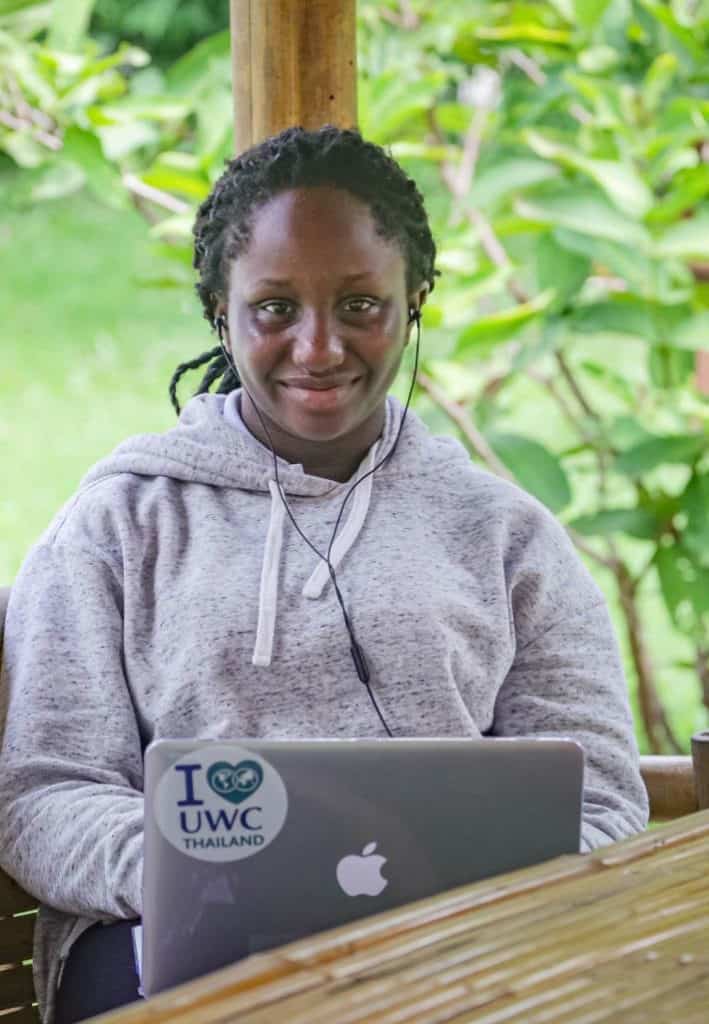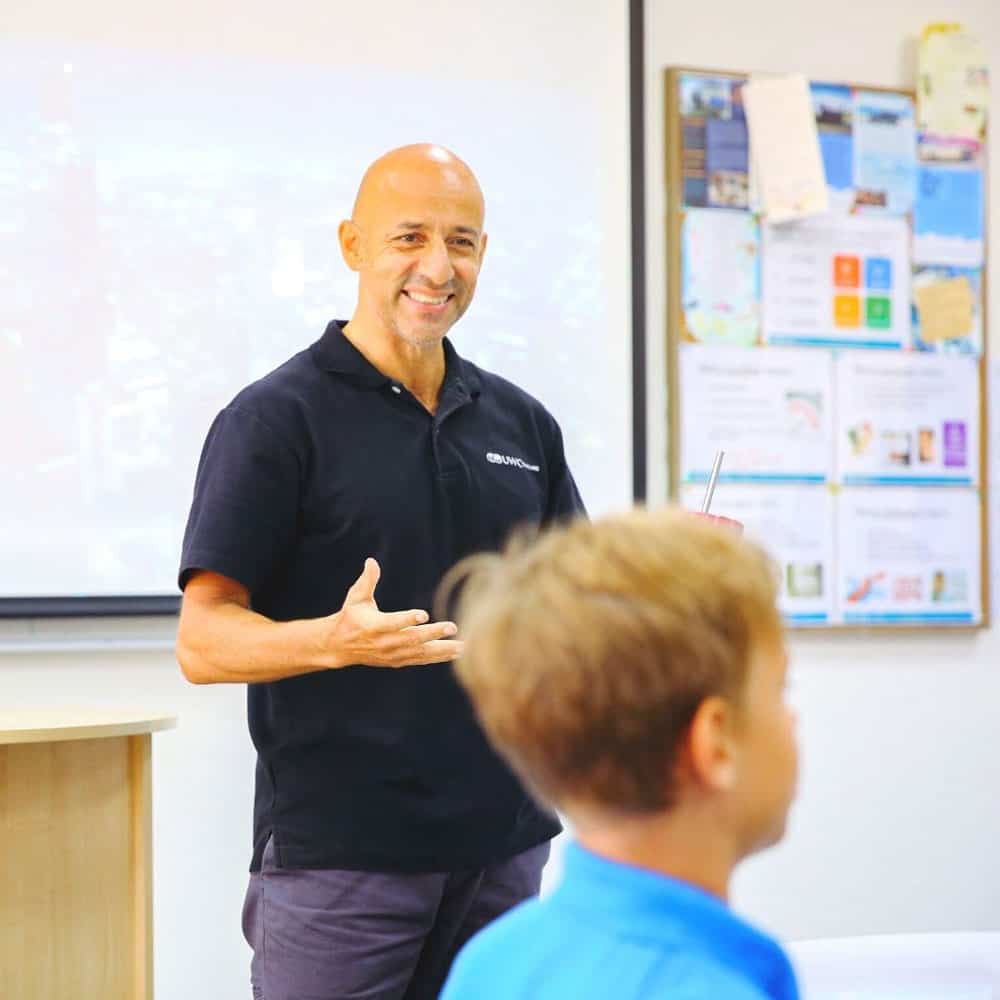We are all impressed when someone speaks several languages yet the vast majority of the British and American population speak only one language. Here at UWC Thailand most of our MYP and DP students can operate in at least two languages and many are fluent in three or even four. This aligns closely with our school mission, which ‘makes education a force to unite people, nations, and cultures for peace and a sustainable future’. But, this does not happen without English language competence, strong communication skills, and cultural understanding.
The IB programme is academically rigorous for native users of English; so just imagine what it must be like for a student that is learning English as a second or third language. We support these students closely to help them on this challenging journey, sequentially equipping them with key language and study skills along the way.
Our greatest satisfaction remains seeing second language English learners’ progress from a ‘basic’ to a ‘proficient’ level, unlocking their academic potential. When a student can do this, it says a lot about them as a student, as a learner and as a person.
This progress, however, takes several years and a great deal of commitment. Students must have a strong desire to learn a language and must be genuinely interested in it. They must take risks in the classroom and be willing to make mistakes, which is part of the learning process. However, students must also be equally committed outside of the classroom, using newly acquired language in as many authentic situations as possible and committing to regular private reading.
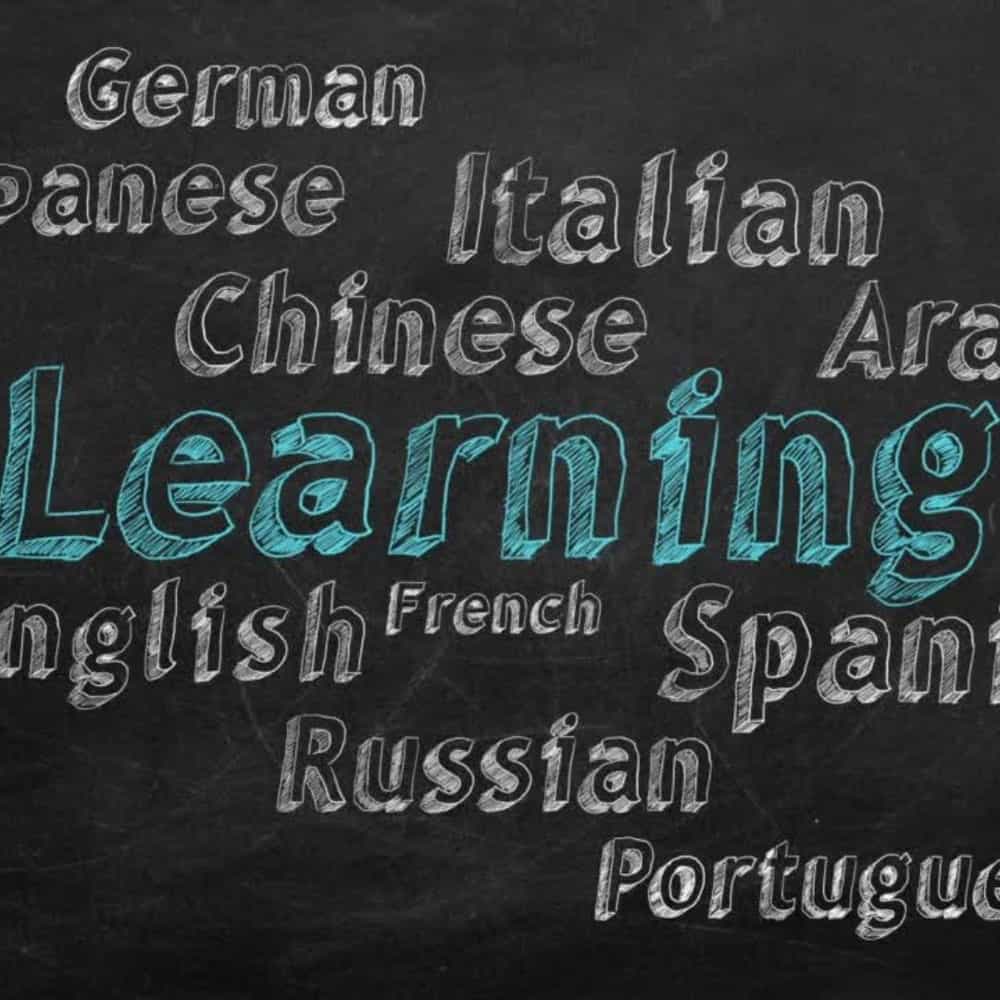
It is also important to understand the difference between knowing a few phrases in a language and being academically proficient. Let’s take speaking as an example. Fluency in speaking is sometimes referred to how smoothly a second language learner can speak on a variety of topics in real-time. While fluency may denote a degree of proficiency, it does not automatically imply accuracy, nor does it imply grammatical range. For the academic needs of our students, accuracy and range are both very important requirements and our English programme makes provision for both.
In addition, students need to learn how to write; they need to learn how to construct opinion or comparative essays, to write reports, convincing letters, emails, reviews and creative stories. Furthermore, students have to complete personal projects and extended essays that require more advanced writing skills. They need to learn pre-writing skills such as researching and planning, how to take notes, how to make a lexical choice and construct interesting and accurate pieces of writing. This is no easy task.
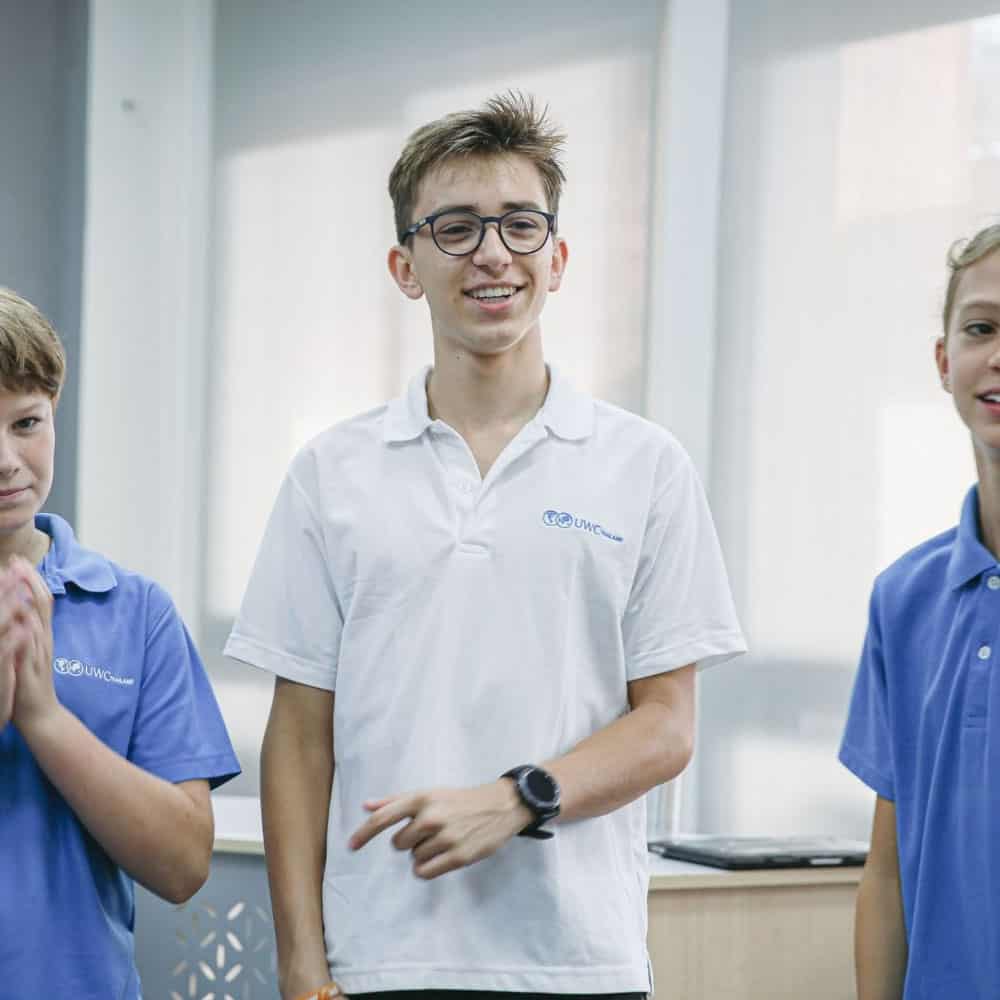
Then there is reading proficiency, probably one of the most important skills a UWC Thailand student needs. They have to read and understand complex texts, make inferences, summarize, understand register and audience. They have to understand subject content and course materials and commit to regular reading. Unless a student is a proficient reader, further education becomes less realistic. Students that enjoy and commit to reading, will improve at a faster rate and cope better with the academic language demands of school and further education, which is why we strongly encourage students to read.
So, in a nutshell, students need to be proficient in reading, writing, speaking and listening. Additionally, they must overcome shyness, inhibition, pronunciation challenges and operate in a class with other native speakers. They are taught by a diverse group of teachers, all with different regional English accents. For all these reasons, achieving academic fluency in English is a colossal feat. But for those students that have undertaken this challenge, the rewards are very significant. One of our Thai students, who could hardly speak English at 11, worked incredibly hard at school and university and recently completed a doctorate in Environmental Management at Cambridge University, highlighting what’s possible if you commit.
To help stage language progression for students, The Council of Europe’s Common European Framework of References (CEFR) for Languages groups language learners into concrete proficiency levels, where fluency and accuracy are just two of many examined criteria. The CEFR – divides proficiency into six levels – A1, A2, B1, B2, C1, and C2. A corresponds to ‘Basic’ levels, B to ‘Independent’, and C to ‘Proficient.’
These internationally recognised levels help to set short term language goals for students and encourage gradual progression. According to research from the University of Cambridge English Language Assessment, it takes 200 guided hours for a motivated learner to advance from one level to the next. The keyword, motivated, as language acquisition varies dramatically between individuals.
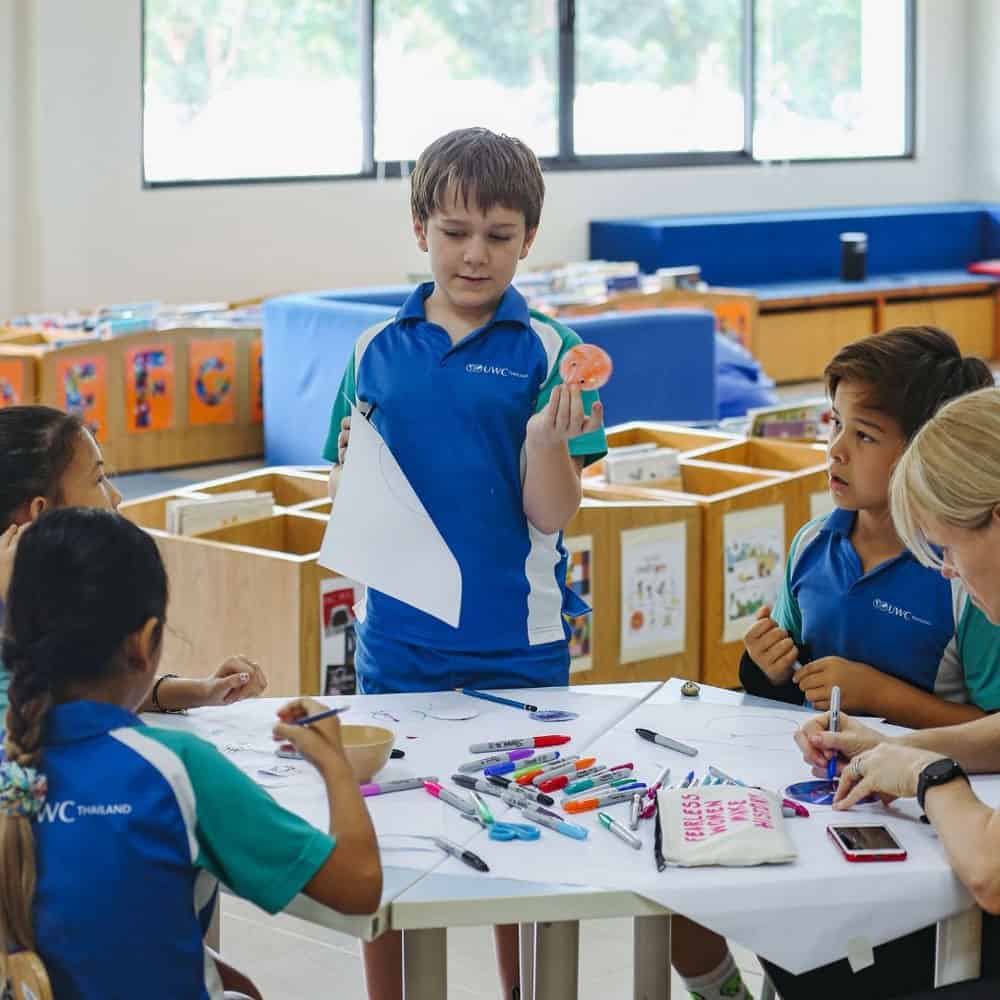
Finally, although these language proficiency levels provide an excellent measure for assessing a student’s ability, the real test is when they have to use language in authentic situations. For instance, when a student designs and leads a 20-minute presentation to a group, sharing ideas with clarity and passion, and dealing with difficult questions with confidence. Or, when a student writes a strong opinion-based essay that is well constructed, interesting and evokes feelings in the reader. The ultimate test for many non-native English users is joining a Language A English and Literature class, and we are delighted that so many of our non-native English users have made this transition successfully.
By Nicolas Frangoudes – UWC Thailand Intensive English Programme Teacher

